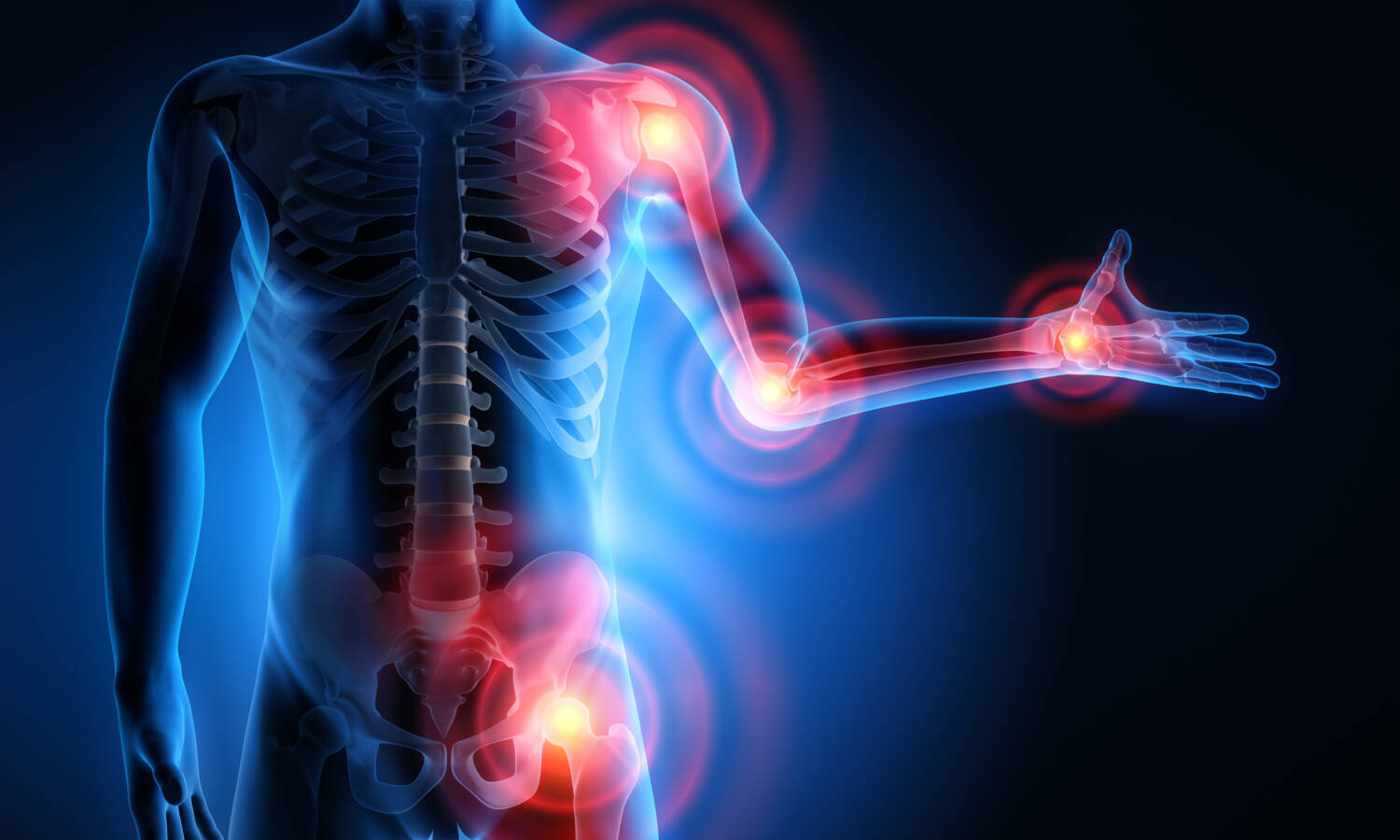The future of anti-inflammatory medication looks bright, and cannabis-based drugs could make it even brighter.
Regardless of how anyone feels about inflammation or the amount of pain it comes with, it remains an unavoidable healthy response that keeps us alive. From bruising a finger to the after-effects of cancer treatments, inflammation is the body’s automatic response to every physical condition. There are times when inflammation could lead to extreme pain and adverse conditions due to a dysfunctional effect on the immune system. At this point, drugs are needed to reduce the pain and hasten to heal. So, with cannabis and inflammation, what’s the connection?
Recent studies show that cannabis could be an essential anti-inflammatory agent. Some medications have been tested and proven over the years to be effective against debilitating and extremely painful inflammations. However, better options are being sought for managing chronic conditions. Because most potent anti-inflammatory medications tend to have adverse side effects when used for long periods.

This piece investigates the potential of cannabis to serve as a panacea for chronic inflammation and autoimmune disorders. We investigate the relationship between cannabinoids, the endocannabinoid system (ECS), and these disorders mentioned above.
What Is Inflammation?
You can consider inflammation to be the body’s way of fighting and protecting itself against harm. In this case, harm could mean an infection or injury within or outside the body. For instance, when you have an injury, the first thing you notice is that the affected area reddens and swells. This reaction is due to the immune system sending out a group of white blood cells to contain the bleeding and fight off any form of infection.
Within the body, this same reaction occurs around the vital organs and also in the blood vessels. Put simply; the immune system causes any part of the body at risk of being infected to be inflamed. The elderly deal with more chronic inflammation and use cannabis at a higher rate than earlier generations.
Some have touted inflammation as being a horrible thing. In contrast, it is a good reaction. It only becomes bad when it is identified to be pathological. According to Harvard Health, inflammation can be broadly grouped into two; acute inflammation and chronic inflammation. Inflammation occurs as a response to an injury or illness, and it gets resolved in a matter of days, while chronic inflammation is long-lasting and it occurs due to an ongoing autoimmune dysfunction or chronic ailments (in worse cases, it could be fatal).
Diagnosing and Treating Inflammation
This condition is self-diagnosable. The symptoms of inflammation can be easily identified, mainly when it is localized to one part of the body. Some of these symptoms include redness.
- Swelling
- Heightened sensitivity
- Headache
- Mood disorders
- Fatigue etc
Most of the time, acute inflammation is nothing to worry about. However, chronic inflammation can be extremely dangerous. Medication is necessary to limit the extent of the inflammation, kickstart healing, and return the body to its normal state.
RELATED: THC & Inflammation: Here’s What This Relationship Means For Your Health
Antacids are sometimes used to provide relief for inflammation affecting the inside of the body. Other anti-inflammatory drugs can be purchased over the counter or with a prescription from a doctor. Some of these drugs include NSAIDs and steroids.

A Possible Treatment Via Cannabis
Cannabis is composed of cannabinoids which have therapeutic benefits for the human system. Their impact on inflammation has been researched in highly respected institutions and labs, and the established theory is that cannabis’ anti-inflammatory property is linked to the endocannabinoid system.
Relationship Between Inflammation and ECS
CB1 and CB2 are the primary receptors found in the ECS network. These receptors primarily respond to naturally occurring endocannabinoids in the body. In experiments using the human body, it was observed that inflammation triggered the release of anandamide and 2-arachidonoylglycerol. The entire process is quite complex.
RELATED: If Inflammation Causes Obesity, Can Cannabis Help Break The Vicious Cycle?
Also, N-arachidonyl glycine, a derivative of anandamide, exerts an effect on inducing the orphan G protein-coupled receptor GPR18. This stimulation is responsible for macrophage cytosis (the process of immune cells fighting off infectious cells by ingestion). The study also showed that the stimulation quickens resolution to reduce inflammation. The research hinted that the process still has other undiscovered aspects, as no one has been able to determine whether or not natural inflammation starts and ends this way.
Using Cannabis to Manage Inflammation
Here are some ways cannabinoids can be delivered to the human body to treat ailments. It is essential to state that most of these cases have not been approved by the FDA as a treatment for cannabis. The standard methods of ingesting cannabis are:
- Smoking
- Vaping
- Edibles and Capsules
- Sublingual oils
If you’re considering any of these products, make sure to do more extensive research before going ahead. CBD products for inflammation are also used to manage conditions in non-legal cannabis states.
CBD-Based Cannabis Medication for Inflammation
CBD is a non-psychotropic cannabinoid responsible for treating medical conditions. It is the main component in medical-purpose cannabis products. When ingested, CBD interacts with the ECS and inhibits the production of FAAH (a compound that breaks down anandamide). This inhibition extends the potency of anandamide, which is helpful for inflammation.
It is best to get prescribed CBD-based cannabis medication by a licensed medical practitioner in your state.

Benefit Of Cannabis-derived Medicines On Inflammation
The compounds responsible for treating the symptoms are cannabinoids. They send a message to the brain.
Pain is the most common symptom of chronic inflammation. It is sometimes characterized by a burning sensation in the affected area.
RELATED: Is Cannabis Better For Sports Injuries Than Traditional Painkillers?
Cannabis helps control inflammation, which reduces the pain in these patients. The drug has shown no visible side effects in people who have used it, but this doesn’t excuse the fact that more research is definitely needed before a person can begin using cannabis as a medication for inflammation.
The root cause of the condition has to be traced. In some, it results from cancer, disease treatments, etc. Researchers say some people are born with a dysfunctional immune system and, as such, experience inflammation.
Conclusion
The full scope of the relationship between cannabis and inflammation has yet to be fully discovered. The endocannabinoid system plays a significant part in treating inflammation in acute and chronic patients, and the interaction between the two is what is currently unclear. Nevertheless, the future of anti-inflammatory medication looks bright, and cannabis-based drugs could make it brighter.
Visit a medical professional before making the switch from your NSAIDs and steroids to cannabis, primarily to treat inflammation.


